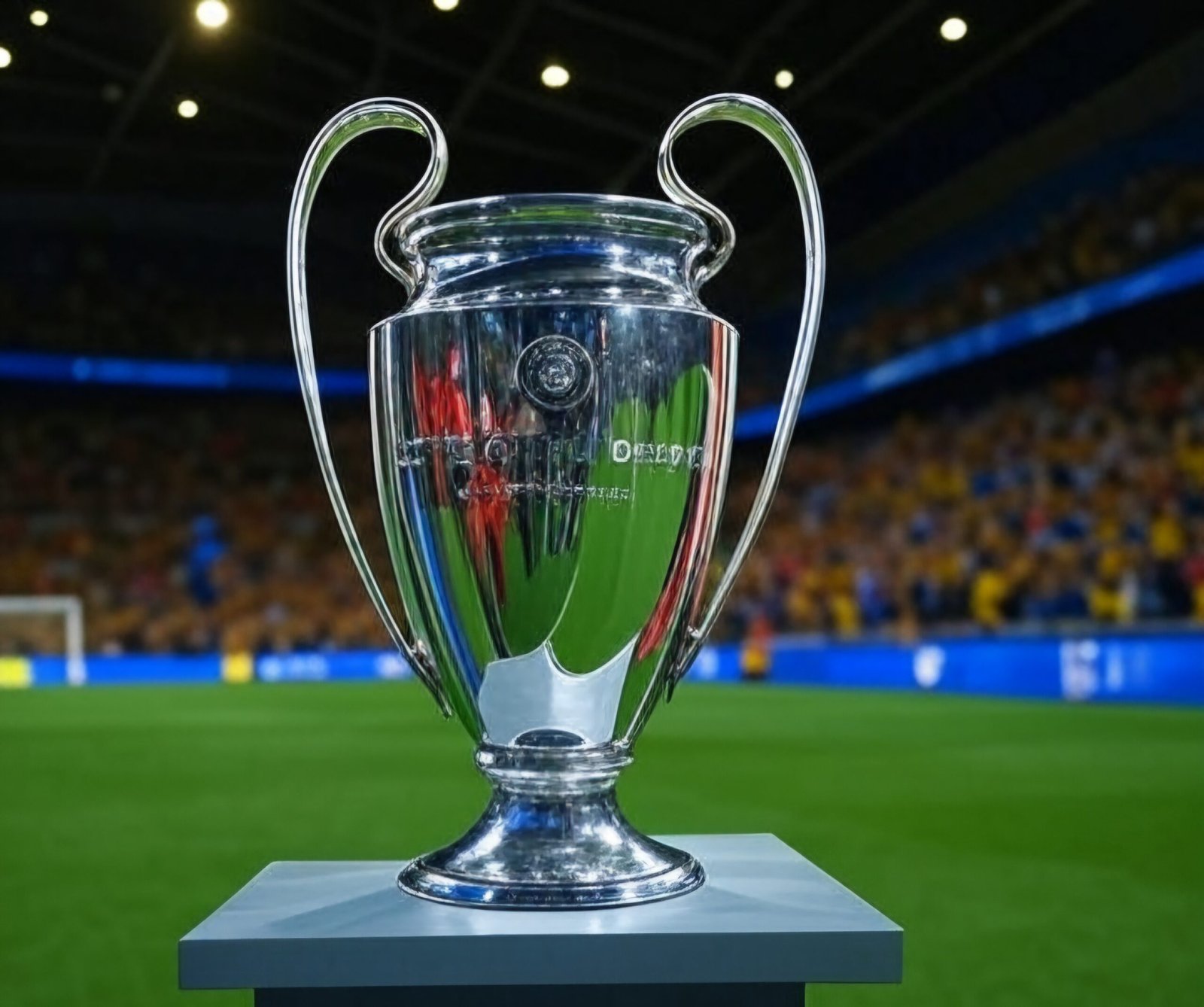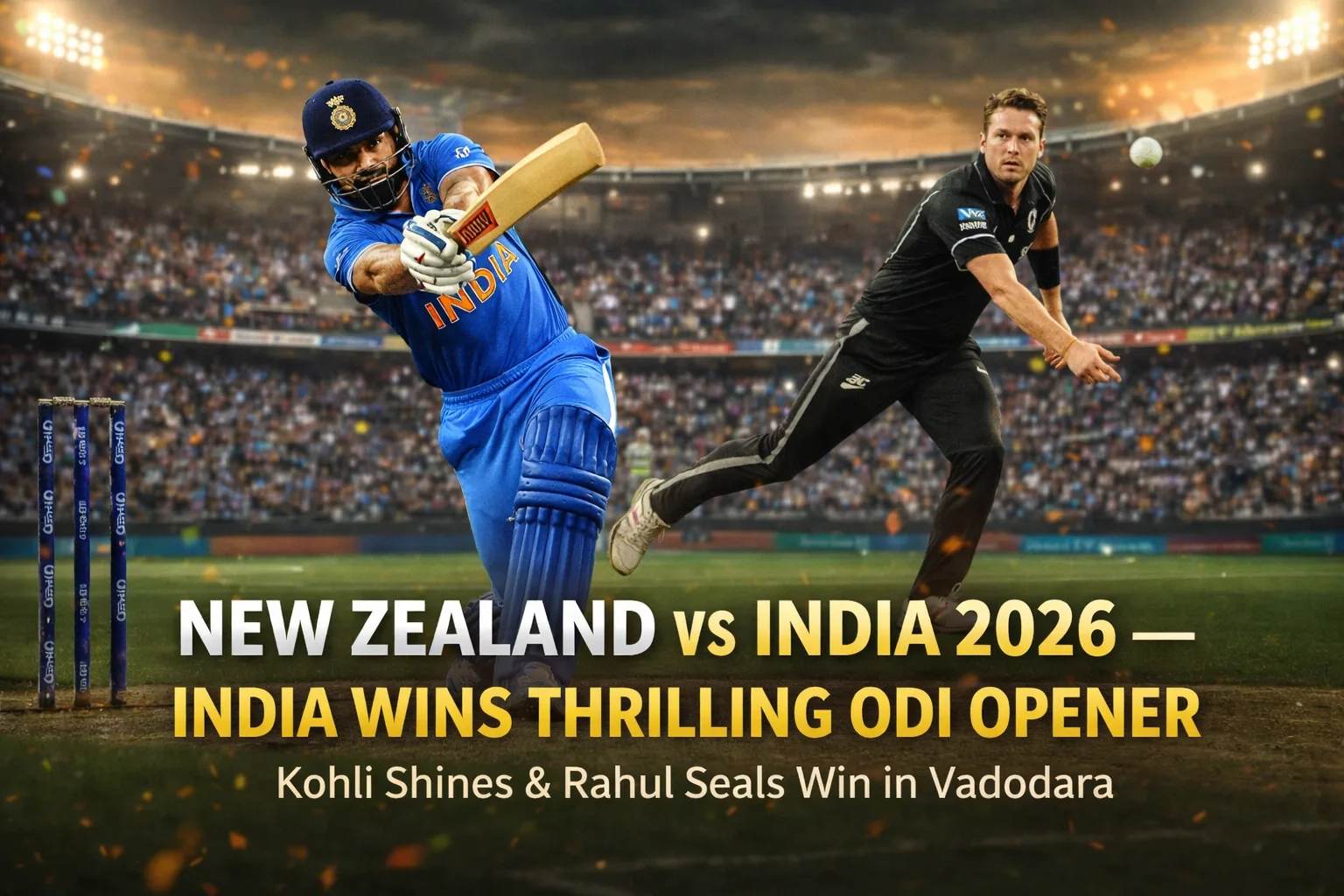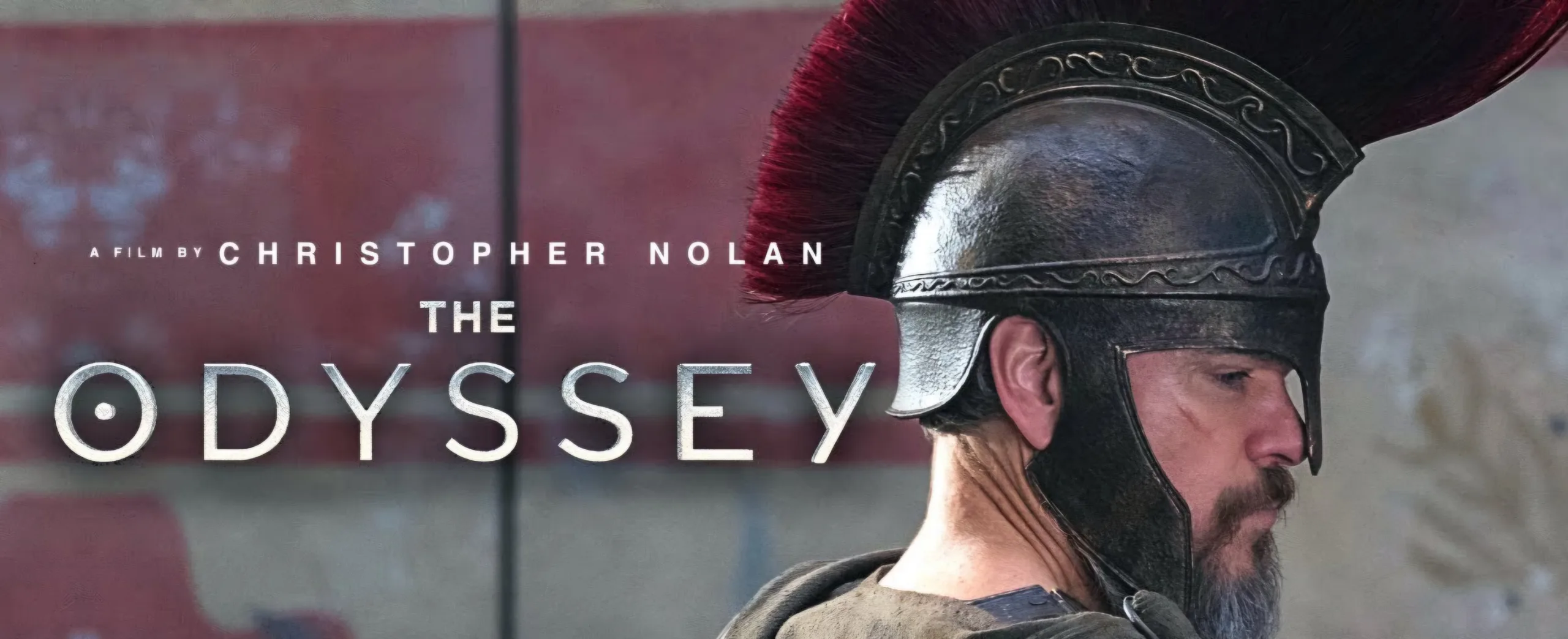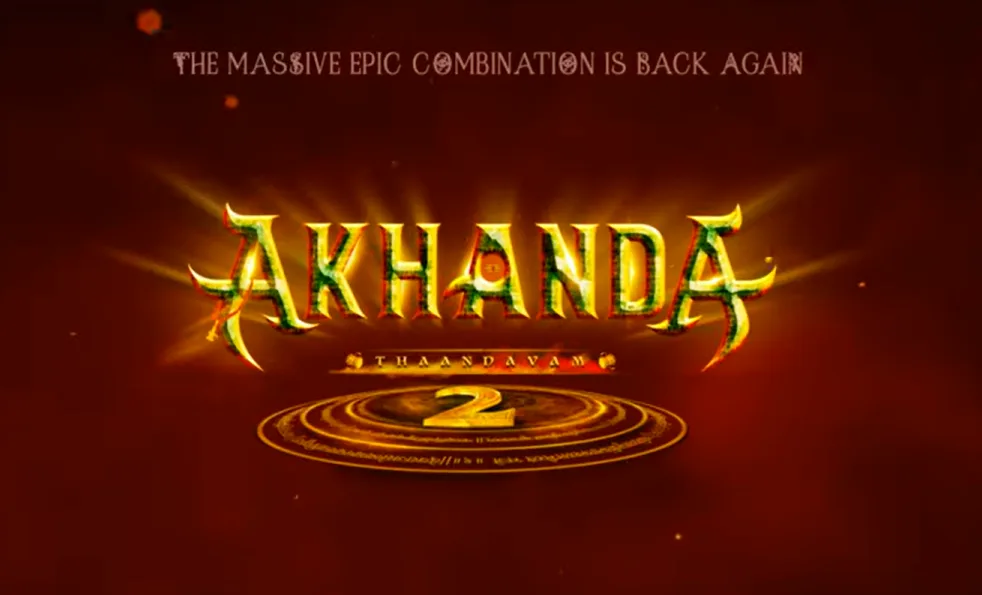UEFA Champions League: Europe's Premier Football Showdown

Introduction to the UEFA Champions League
The UEFA Champions League is more than just a football tournament—it’s a spectacle of skill, passion, and global prestige. Held annually, this elite European competition brings together the best clubs from across the continent, all competing for one of the most coveted trophies in world football. Established in 1955 as the European Champion Clubs’ Cup, it was rebranded in 1992 to its current name, instantly becoming a global brand.
This article explores the history, structure, importance, and global impact of the UEFA Champions League. If you’re a football fan, sports enthusiast, or curious reader, here’s everything you need to know about the most prestigious club tournament in Europe.
History and Evolution of the UEFA Champions League
The UEFA Champions League was initiated to determine the best football club in Europe. Initially, it featured only the national league champions of each UEFA country. Over time, the format evolved. In 1992, the tournament was revamped, introducing a group stage and allowing multiple entrants from stronger leagues such as those in England, Spain, Germany, and Italy.
This evolution transformed the tournament into a more competitive and inclusive format, making it a global phenomenon. Clubs like Real Madrid, AC Milan, Bayern Munich, and Liverpool have etched their names into the history books, winning multiple titles and increasing the tournament’s popularity worldwide.
Tournament Structure: How the Champions League Works
The UEFA Champions League follows a multi-phase format:
Qualifying Rounds – Lower-ranked league champions battle in several knockout stages to reach the group phase.
Group Stage – 32 teams are split into 8 groups of four. Each team plays home and away matches.
Knockout Stage – The top two teams from each group advance to the Round of 16, followed by quarter-finals, semi-finals, and ultimately the final.
The Final – Held at a neutral venue, the final is a one-match showdown to crown the European champion.
This structure ensures top-level competition and unpredictable outcomes, making the UEFA Champions League one of the most exciting tournaments in the world.
Global Reach and Geographical Significance
From London to Lisbon, from Madrid to Munich, the Champions League spans the entire continent. However, its impact isn’t limited to Europe. With matches broadcasted in over 200 countries, the UEFA Champions League enjoys a massive following in Asia, Africa, the Americas, and Australia.
Football fans across the globe schedule their lives around matchdays, proving the tournament’s immense geographical reach. For clubs and players alike, participating in the Champions League is a chance to gain international fame and recognition.
Why the UEFA Champions League Matters
There are several reasons why this tournament is so important:
Prestige: Winning the UEFA Champions League signifies excellence at the highest level of club football.
Revenue: Clubs earn millions through broadcasting rights, sponsorships, and prize money.
Exposure: Players often use this stage to showcase their talent to a worldwide audience.
Heritage: Some of the greatest football moments and rivalries have taken place in the Champions League.
Moreover, the anthem of the tournament itself—composed by Tony Britten—is iconic, sending chills down the spines of players and fans alike.
Most Successful Clubs in Champions League History
When we speak of dominance, a few clubs come to mind:
Real Madrid (Spain) – 15 titles, the most in history.
AC Milan (Italy) – 7 titles, known for their tactical gameplay.
Liverpool FC (England) – 6 titles, blending passion with performance.
FC Bayern Munich (Germany) – 6 titles, a powerhouse in modern football.
FC Barcelona (Spain) – 5 titles, known for their attacking flair and tiki-taka style.
These clubs have built their legacies in part due to their success in the Champions League, proving their consistency and excellence on Europe’s biggest stage.
Impact on Players and Coaches
The UEFA Champions League is a platform where legends are born. Players like Cristiano Ronaldo, Lionel Messi, Zinedine Zidane, and Andrés Iniesta have used this tournament to elevate their careers. Coaches such as Pep Guardiola, José Mourinho, and Carlo Ancelotti have made their mark with brilliant tactical displays.
Performing well in the Champions League often defines a player or coach’s legacy, making every match a career-defining moment.
Technological Innovations and VAR in the Champions League
To keep pace with the evolving nature of football, UEFA has introduced several technological innovations in the tournament:
Goal-line technology ensures accuracy in determining goals.
VAR (Video Assistant Referee) helps referees make better decisions.
Advanced analytics aid in team strategy and performance evaluation.
These innovations enhance fairness and elevate the quality of the competition, thereby improving the viewer experience.
Champions League and the Digital Era
In today’s digital world, the Champions League has a strong online presence. UEFA’s social media platforms generate billions of impressions, while live streaming services make matches accessible on the go.
Fans can engage with the tournament through:
Live tweets and highlights
Fantasy football leagues
Interactive apps and quizzes
As a result, the Champions League continues to dominate digital sports engagement.
Looking Ahead: The Future of the UEFA Champions League
UEFA is constantly refining the tournament format to enhance competitiveness and inclusivity. Starting from the 2024–25 season, the competition will adopt a new “Swiss Model” format, expanding the number of teams and matches in the group stage.
This upcoming change is expected to:
Offer more matches to fans
Increase revenue for clubs
Provide better pathways for smaller clubs to shine
Clearly, the future of the UEFA Champions League looks brighter than ever.
Conclusion: The Legacy Continues
In summary, the UEFA Champions League is not just a football tournament—it’s a celebration of European culture, athletic excellence, and global unity. Whether you support a powerhouse like Real Madrid or an underdog making its first appearance, the magic of the Champions League touches everyone.
With its rich history, dynamic structure, and global appeal, the UEFA Champions League remains the crown jewel of club football. As the anthem plays and teams line up on the pitch, millions around the world watch with bated breath—because anything can happen in the Champions League.
**Disclaimer: The Image and content are created via AI and not downloaded from any site or account.**












Join Us on Social Media!
Stay updated with the latest from EasyBuzz. Connect with us: